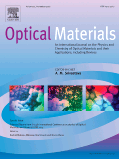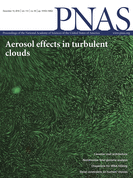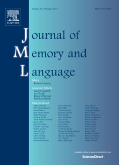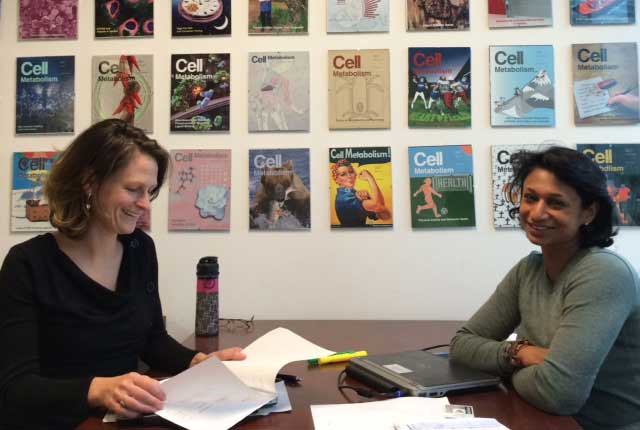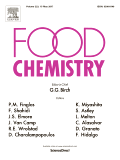 Journals have retracted two papers after they were flagged by a pseudonymous blogger, who suspected all had copied text from other sources.
Journals have retracted two papers after they were flagged by a pseudonymous blogger, who suspected all had copied text from other sources.
What’s more, a third paper seems to have simply disappeared from the journal’s website, after the blogger, Neuroskeptic, alerted the journal to the text overlap.
Neuroskeptic became suspicious about the three unrelated papers – about food chemistry, heart disease, and the immune system and cancer – after scanning them with plagiarism software. After alerting the journals, two issued formal retractions for the papers – but neither specifies plagiarism as the reason.
The retractions were the result of a larger project, Neuroskeptic told us:
Continue reading Journals pull two papers after blogger shares plagiarism suspicions

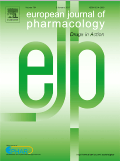
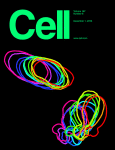 2013 probably felt like it was going to be a great year for stem cell biologist
2013 probably felt like it was going to be a great year for stem cell biologist 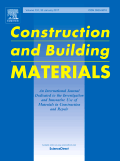 A material science journal has retracted a
A material science journal has retracted a 